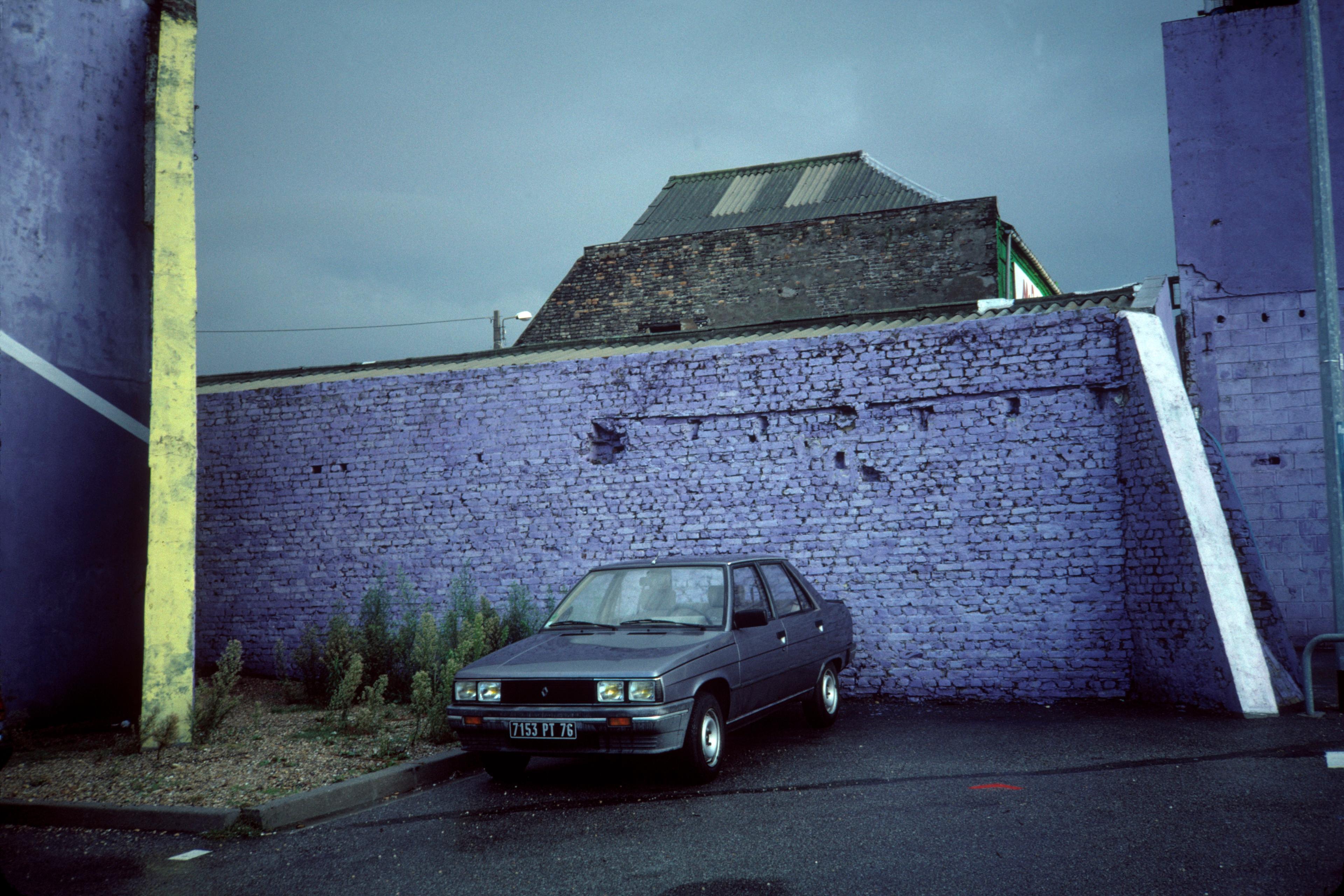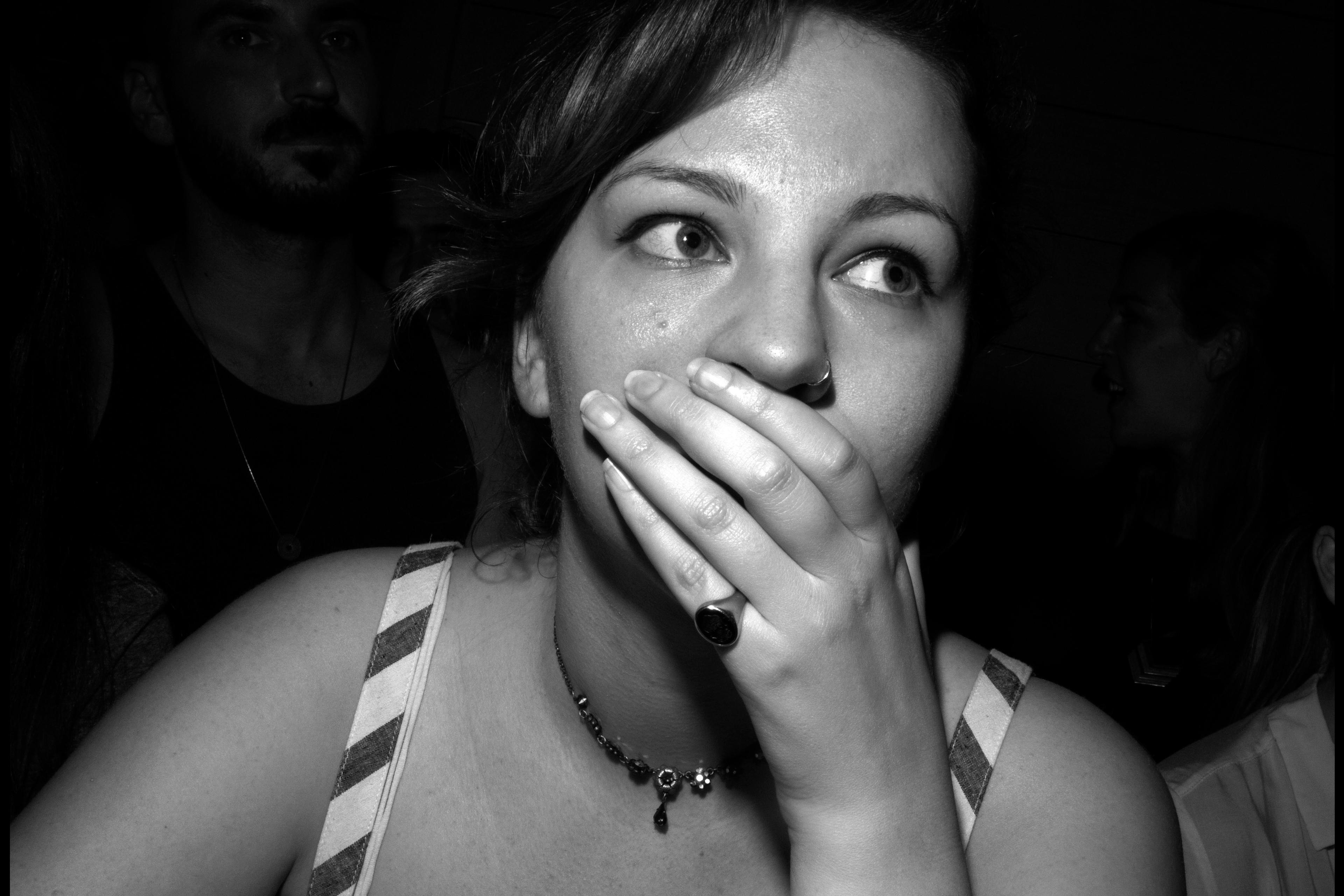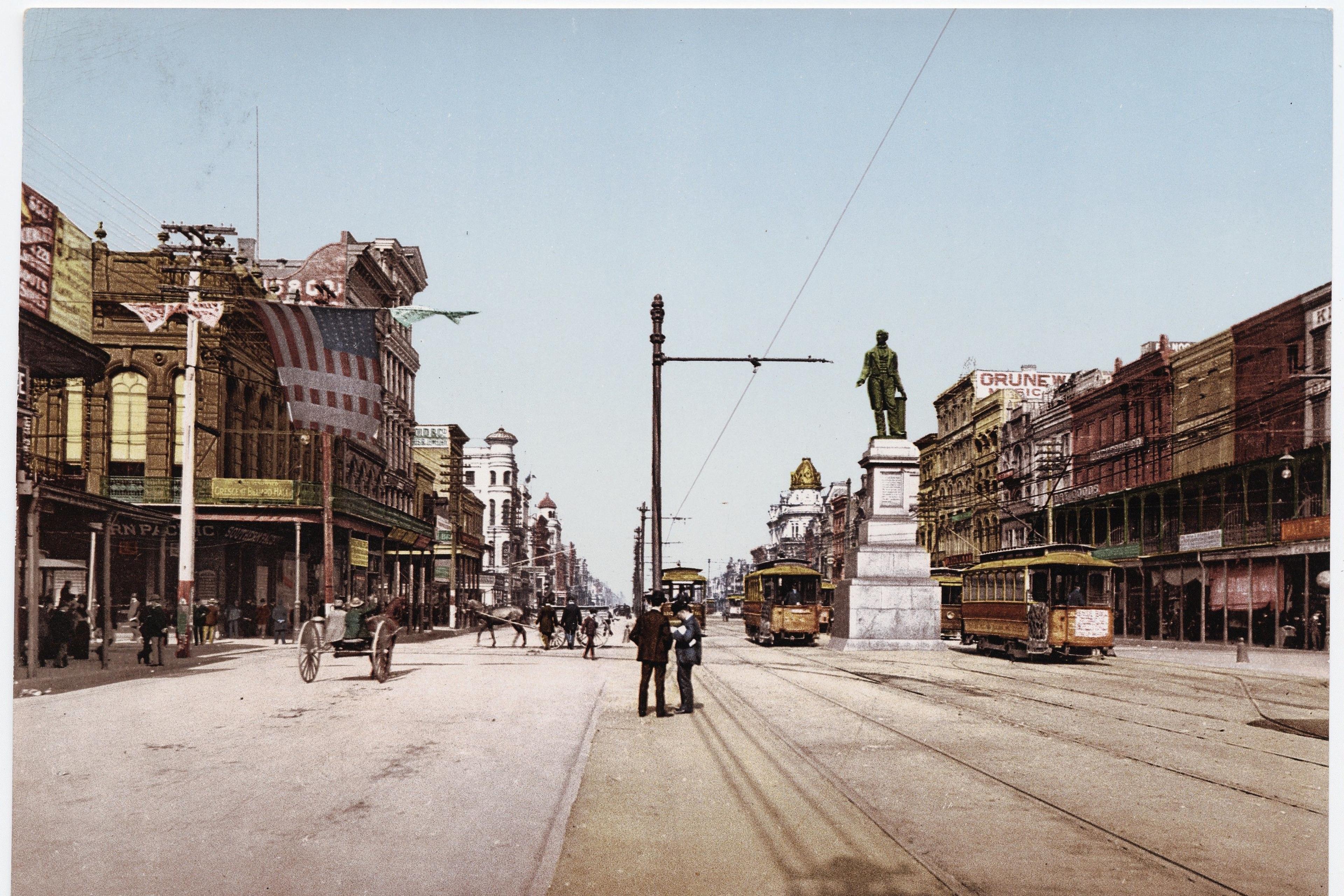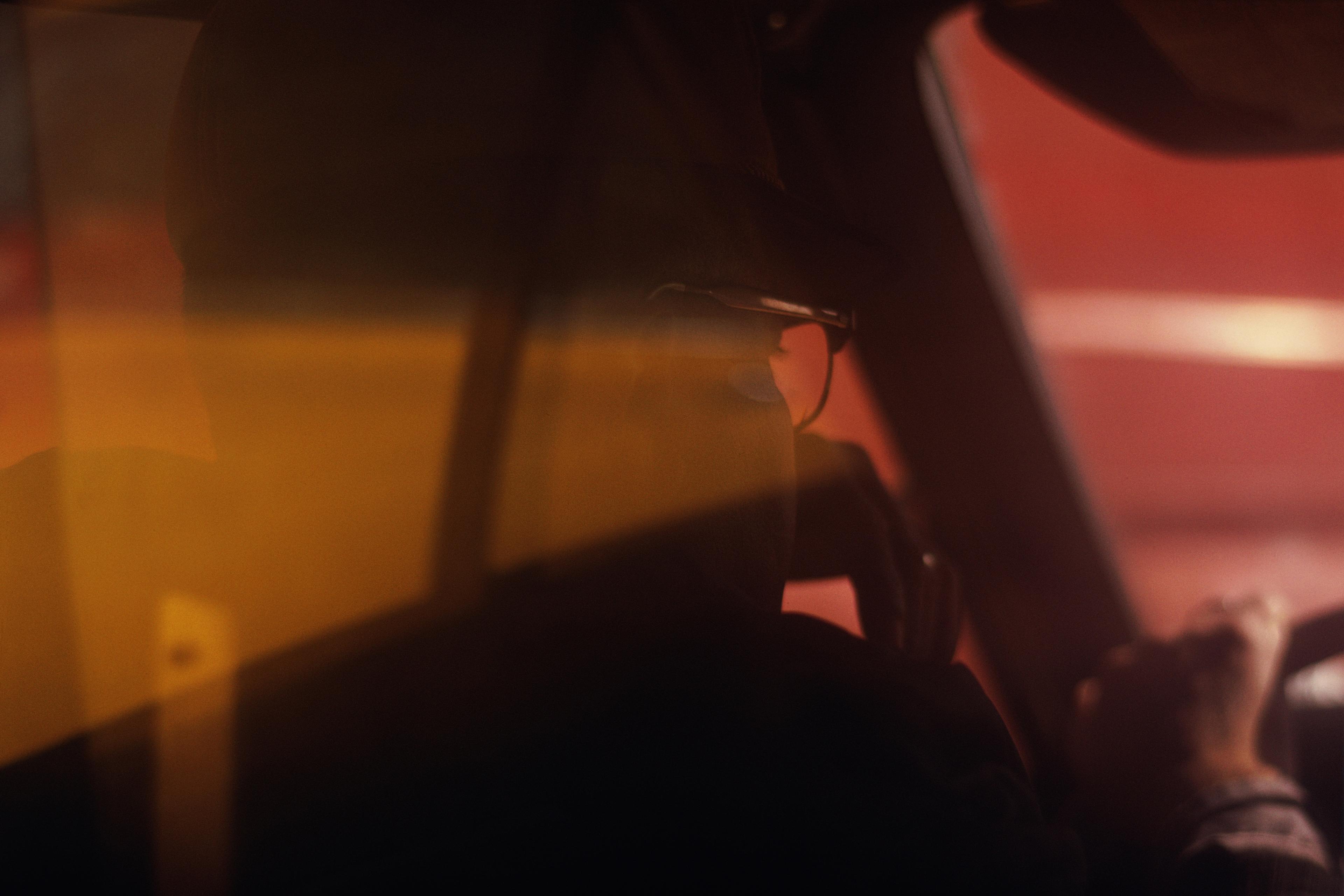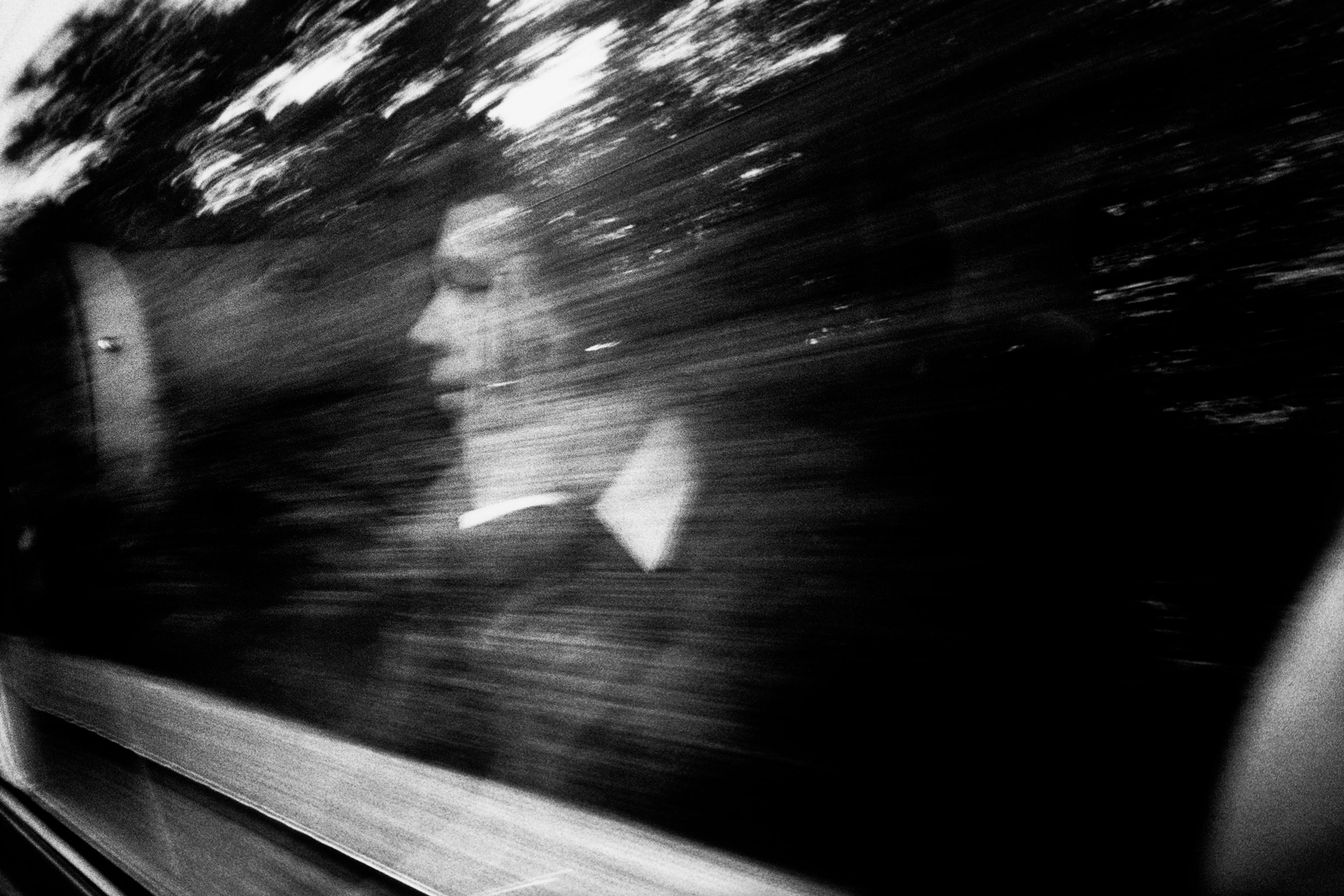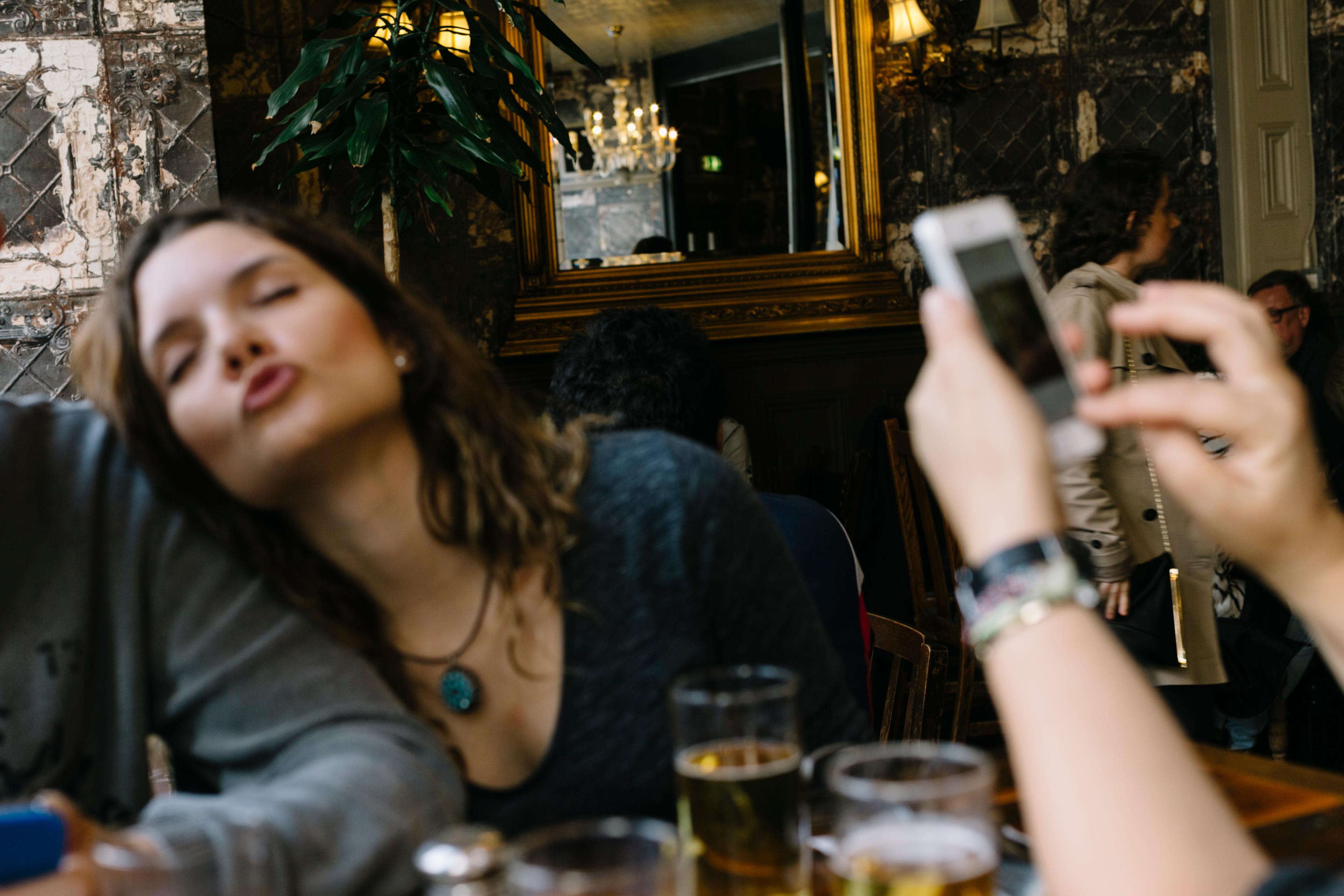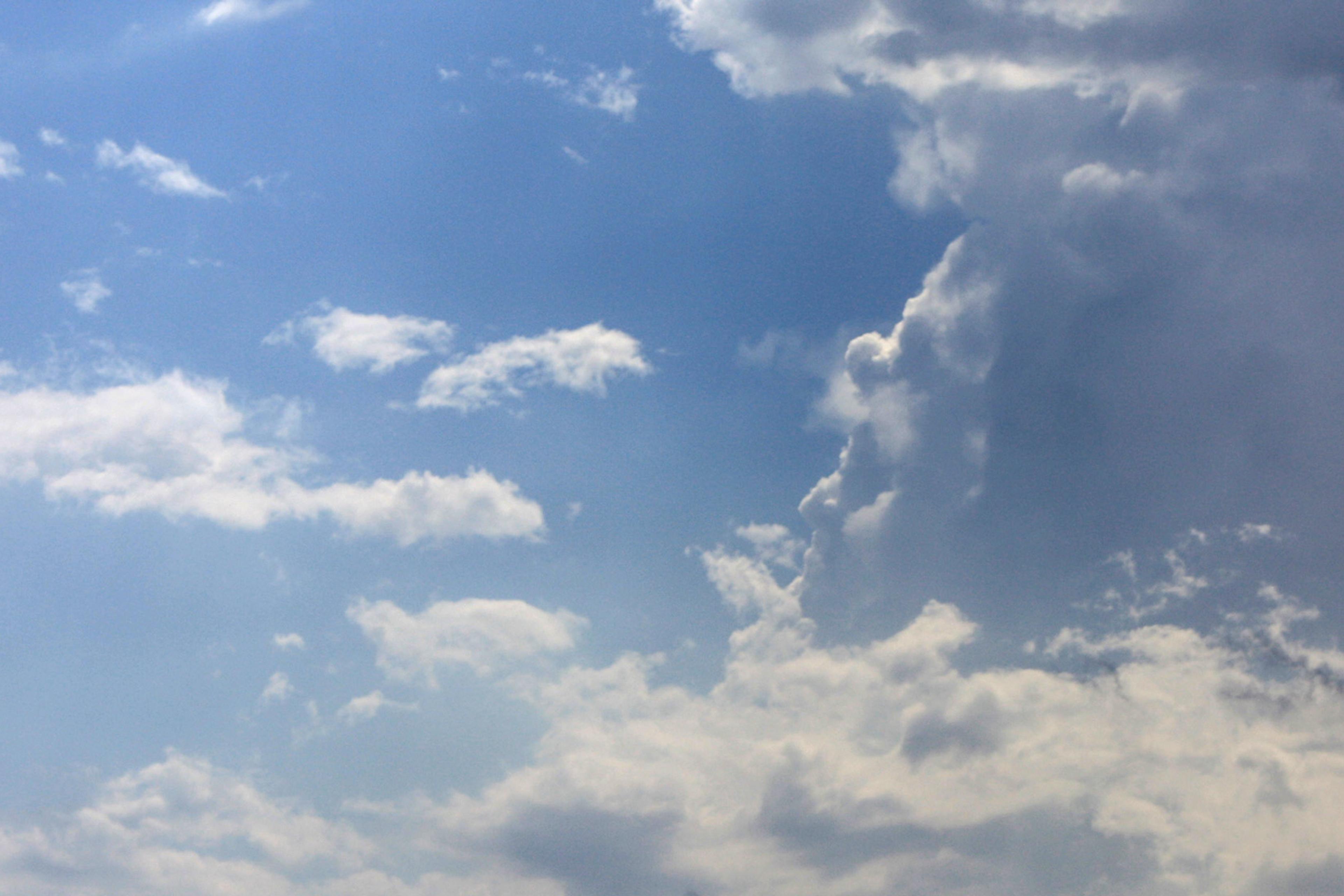Roughly two-thirds of people have had déjà vu, or the weird feeling that a new situation has been experienced before. Yet its prevalence belies just how mysterious the phenomenon remains to researchers, despite some extraordinary recent leaps in neuroscience. In part, this is because it’s extremely difficult to instigate déjà vu in the lab. But as this brief animation from BBC Ideas shows, scientists do have some hypotheses for what brings déjà vu to the surface of consciousness – from the idea that it might be a built-in processing glitch in the brain, or an indication of healthy memory, to the slightly more puzzling notion that it’s part of quantum entanglement.
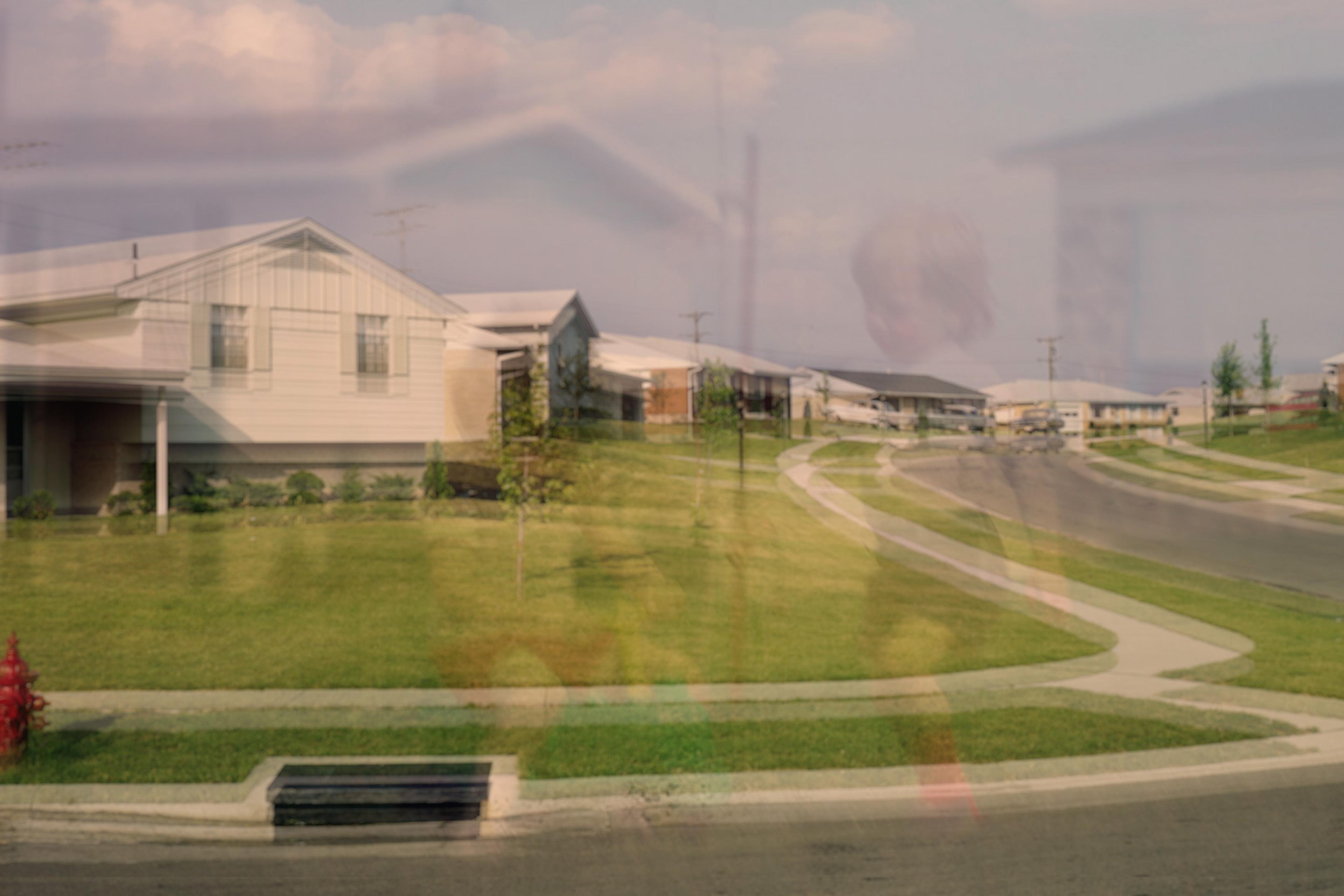
Déjà vu is just one of many uncanny kinds of déjà experiences
What can the many types of déjà experiences that most people have tell us about reality, memory and the gaps in between?
by Art Funkhouser
